Reclaim your summer: 5 expert tips to outsmart pesky rats in your yard
Banish pests from your backyard
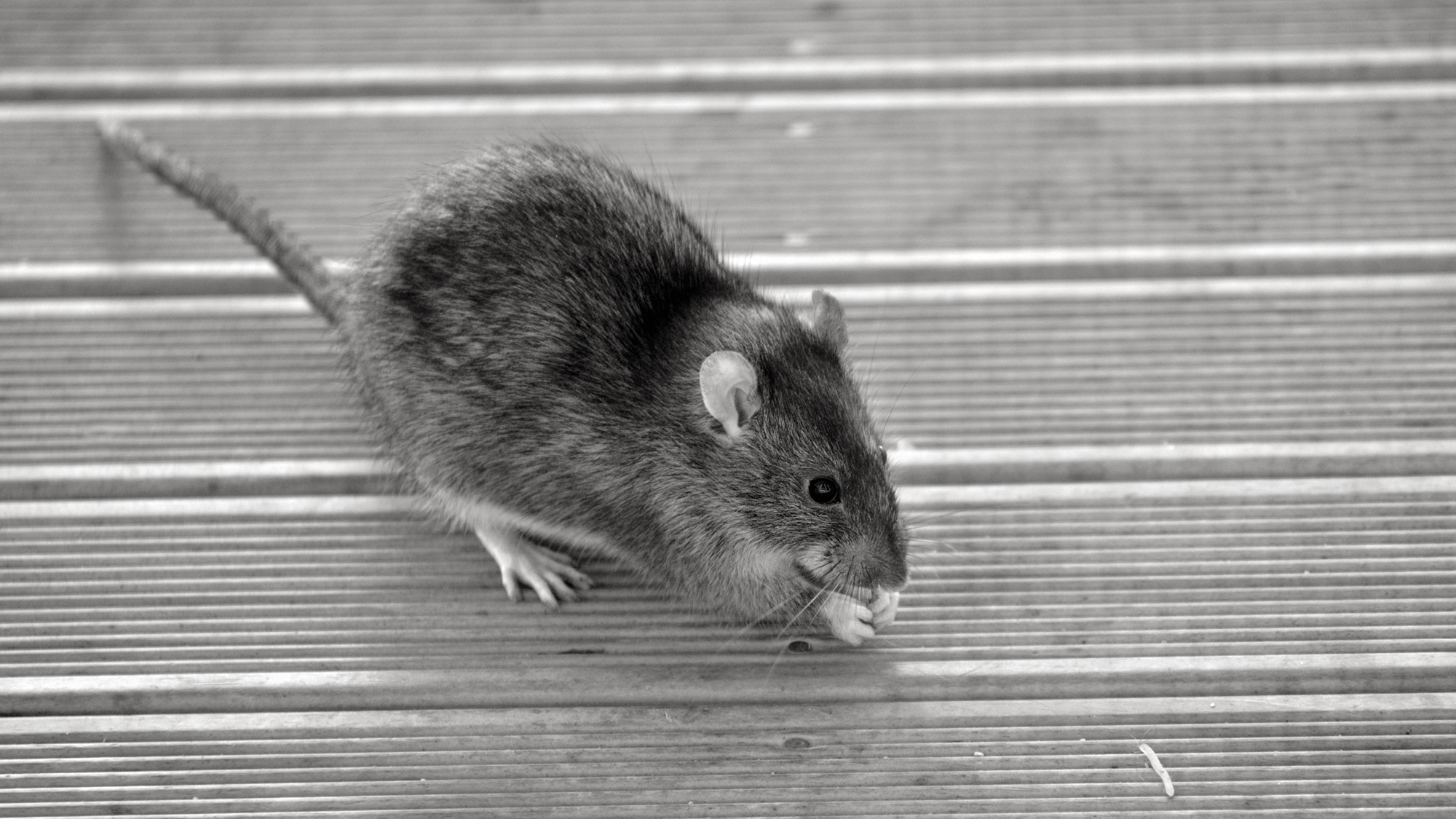
Here at Tom’s Guide our expert editors are committed to bringing you the best news, reviews and guides to help you stay informed and ahead of the curve!
You are now subscribed
Your newsletter sign-up was successful
Want to add more newsletters?

Daily (Mon-Sun)
Tom's Guide Daily
Sign up to get the latest updates on all of your favorite content! From cutting-edge tech news and the hottest streaming buzz to unbeatable deals on the best products and in-depth reviews, we’ve got you covered.

Weekly on Thursday
Tom's AI Guide
Be AI savvy with your weekly newsletter summing up all the biggest AI news you need to know. Plus, analysis from our AI editor and tips on how to use the latest AI tools!

Weekly on Friday
Tom's iGuide
Unlock the vast world of Apple news straight to your inbox. With coverage on everything from exciting product launches to essential software updates, this is your go-to source for the latest updates on all the best Apple content.

Weekly on Monday
Tom's Streaming Guide
Our weekly newsletter is expertly crafted to immerse you in the world of streaming. Stay updated on the latest releases and our top recommendations across your favorite streaming platforms.
Join the club
Get full access to premium articles, exclusive features and a growing list of member rewards.
I’m all for inviting wildlife into my backyard. I’m an advocate of bringing in the birds and the bees, but some wildlife is just way too wild for my liking.
If your garden is bursting into life with the help of summer sunshine and a warmer climate, just like mine, you could be at risk of some unwanted visitors dropping in for a permanent staycation.
But before the pesky pests set down their suitcases, I want to send them packing with the label ‘No return.’
Rats are one pest that shouldn’t have an open invitation to your yard. The rodents are considered vermin and can potentially spread serious diseases. But they’ll be enticed by food and will happily settle under decking, sheds, greenhouses, and compost bins.
So, how can you prevent rats from visiting your backyard? Richard King, garden expert at Dino Decking, shares his top tips on how to prevent rats from nesting in your garden decking this summer and invading other areas of your backyard, too.
King says, “Decking doesn’t inherently attract rats, but it can offer ideal shelter if your garden already has features that draw them in, such as accessible food sources, water, or dense vegetation. It’s important to manage these attractions to prevent infestations.”
1. Clear away food sources
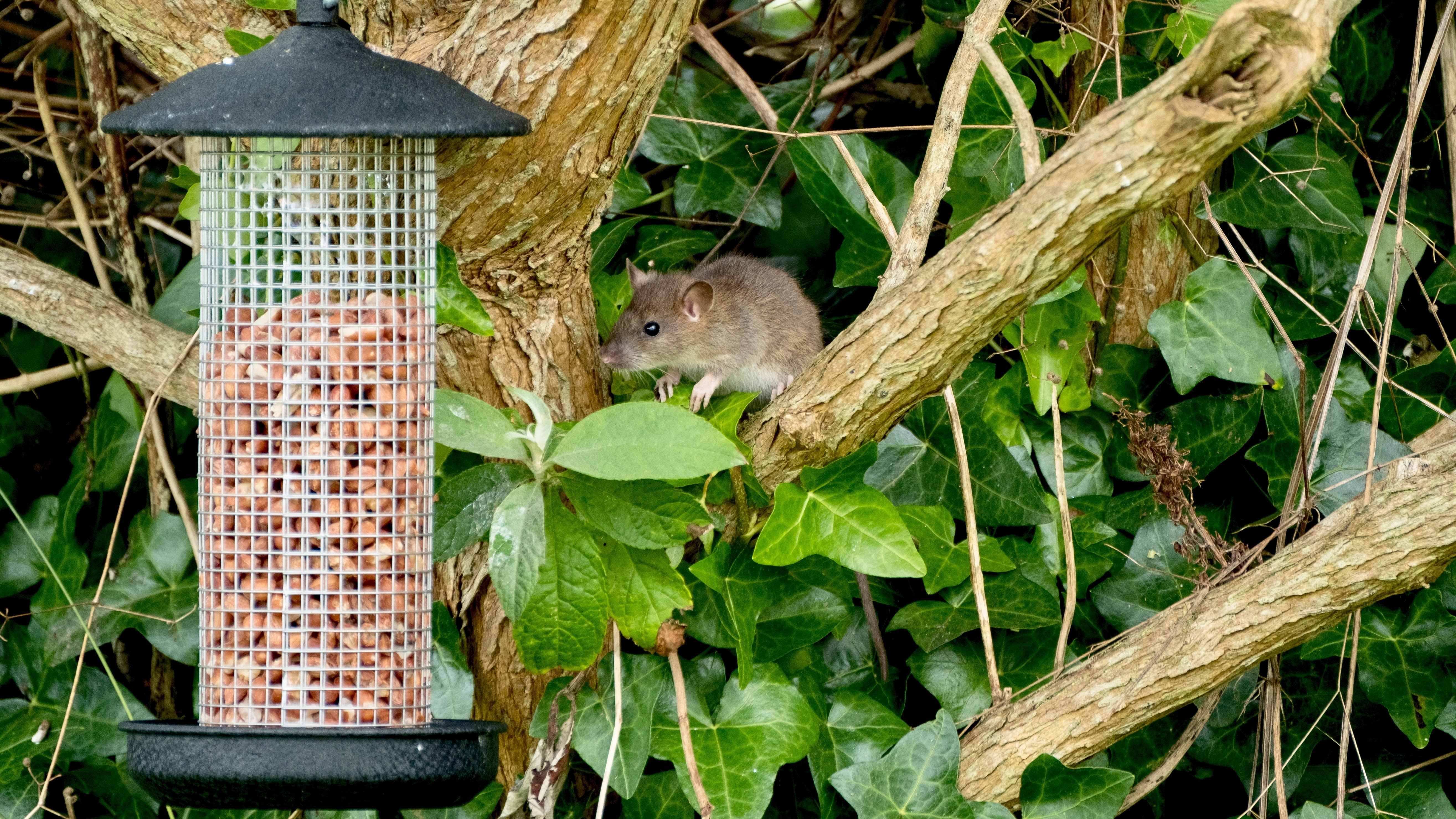
Rats are drawn to quick and easy meals. “Make sure to always clean up any dropped food after barbecues or garden parties on the decking to prevent pests from being attracted to the area,” advises King.
Get instant access to breaking news, the hottest reviews, great deals and helpful tips.
Anything from small crumbs, leftovers, and even bird seed can attract rodents overnight, so to help prevent rats from taking over, “If you feed birds or wildlife in your garden, opt for feeders that minimize spillage to reduce the chance of attracting rats to your outdoor space,” he says.
2. Secure your compost bin

There’s nothing wrong with having a compost bin in your yard, but the warmth and food supply they offer will attract rats. To make your compost bin less accessible to these pests, King recommends using a sealed compost bin with a lid rather than an open heap. He adds, “Turn the compost regularly, and where possible, avoid adding cooked food or dairy products, as these are particularly attractive to rodents.”
And to protect your decking, King says, “Position compost bins away from your decking, and place them on hard, flat surfaces. You can even line the base with chicken wire to stop burrowing from below.”
3. Remove excess water
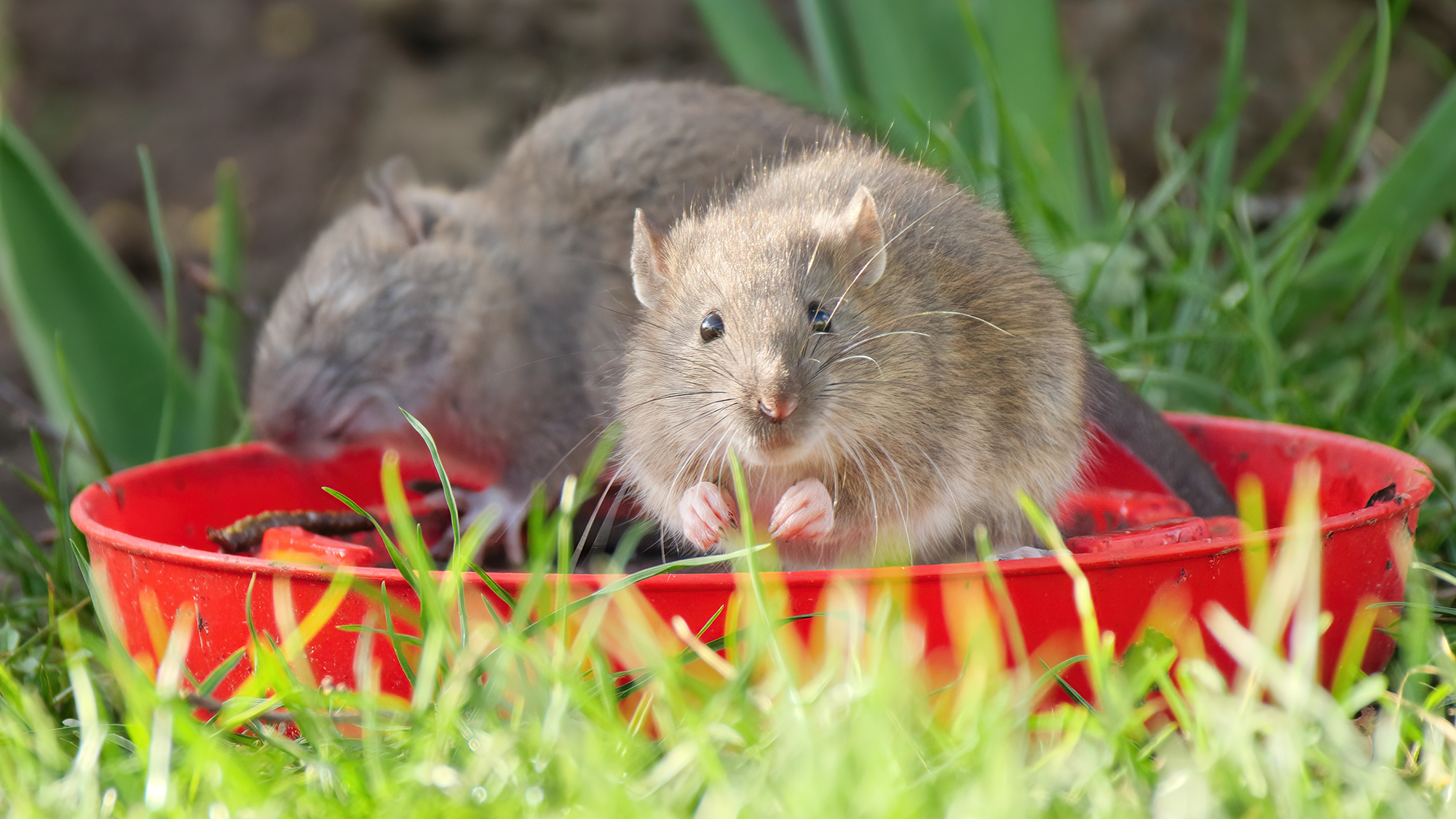
Rats require a consistent and reliable water source, so if your decking is uneven or lacks sound drainage, Kings says puddles can form, which will act as a drinking reservoir for thirsty rats.
“Check your decking for any areas where water tends to pool, and make repairs where necessary,” says King.
It’s also important to check outdoor taps for leaks and look for any empty containers that may collect rainwater, which can be easily turned over if you need to store them outside.
4. Tidy your yard
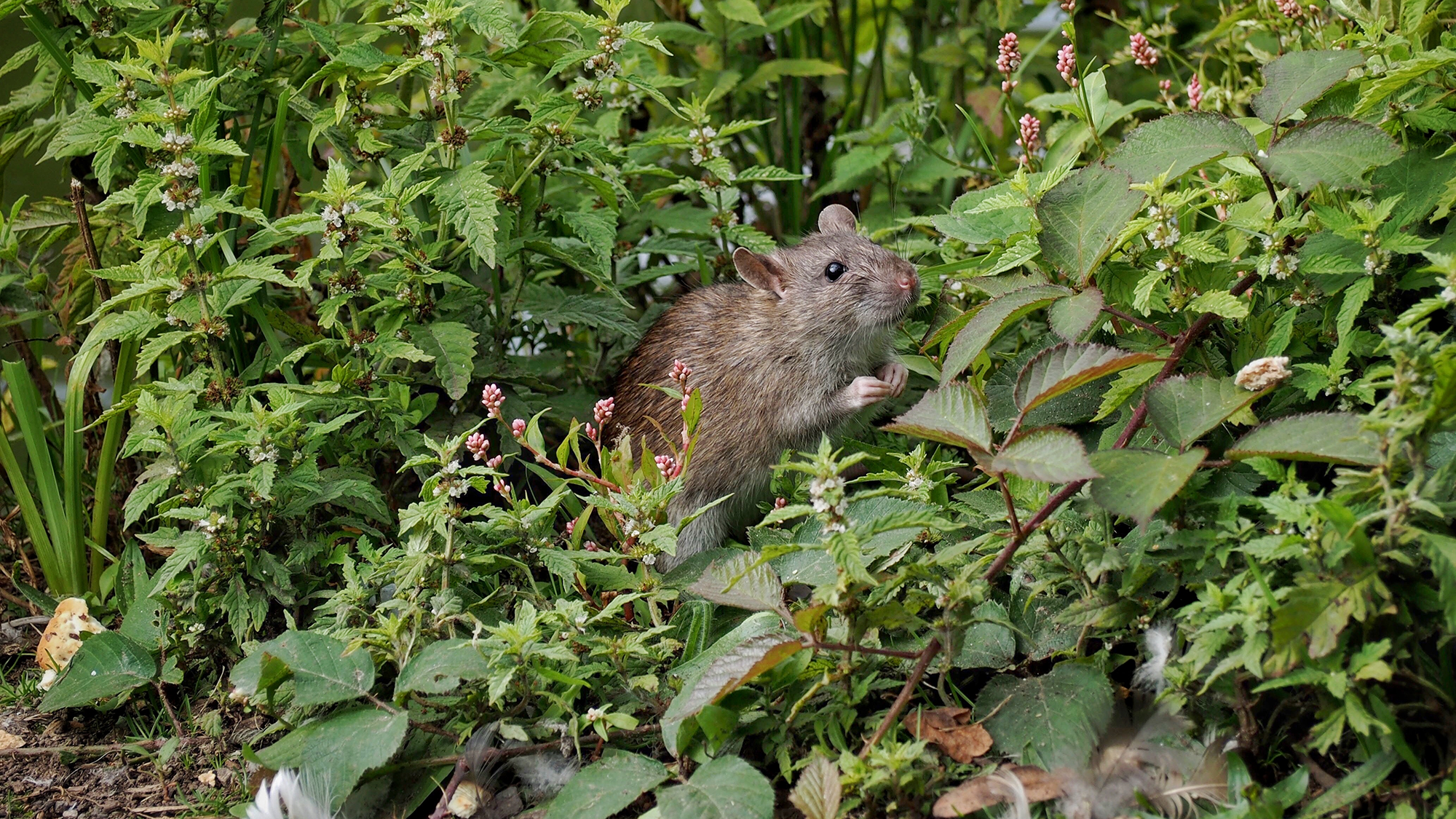
While we can’t all have an immaculate backyard, overgrown vegetation and clutter provide perfect cover for rats looking for shade on warmer days. So, to deter rats from making a basecamp in your backyard, you’ll need to get out your best pruning shears and give them a tidy-up.
King advises, “Keep hedges and shrubs trimmed, and clear out piles of wood, leaves, or unused material, where rats could hide.”
And don’t forget your lawn. “Mow the lawn regularly, as the more exposed and well-kept the area is, the less appealing it becomes to rodents looking for a quiet nesting place,” he adds.
This cordless Greenworks mower offers 30 minutes of runtime, but can be extended by buying additional batteries.
With thousands of five-star reviews, we think it's a great option.
5. Install a rat barrier
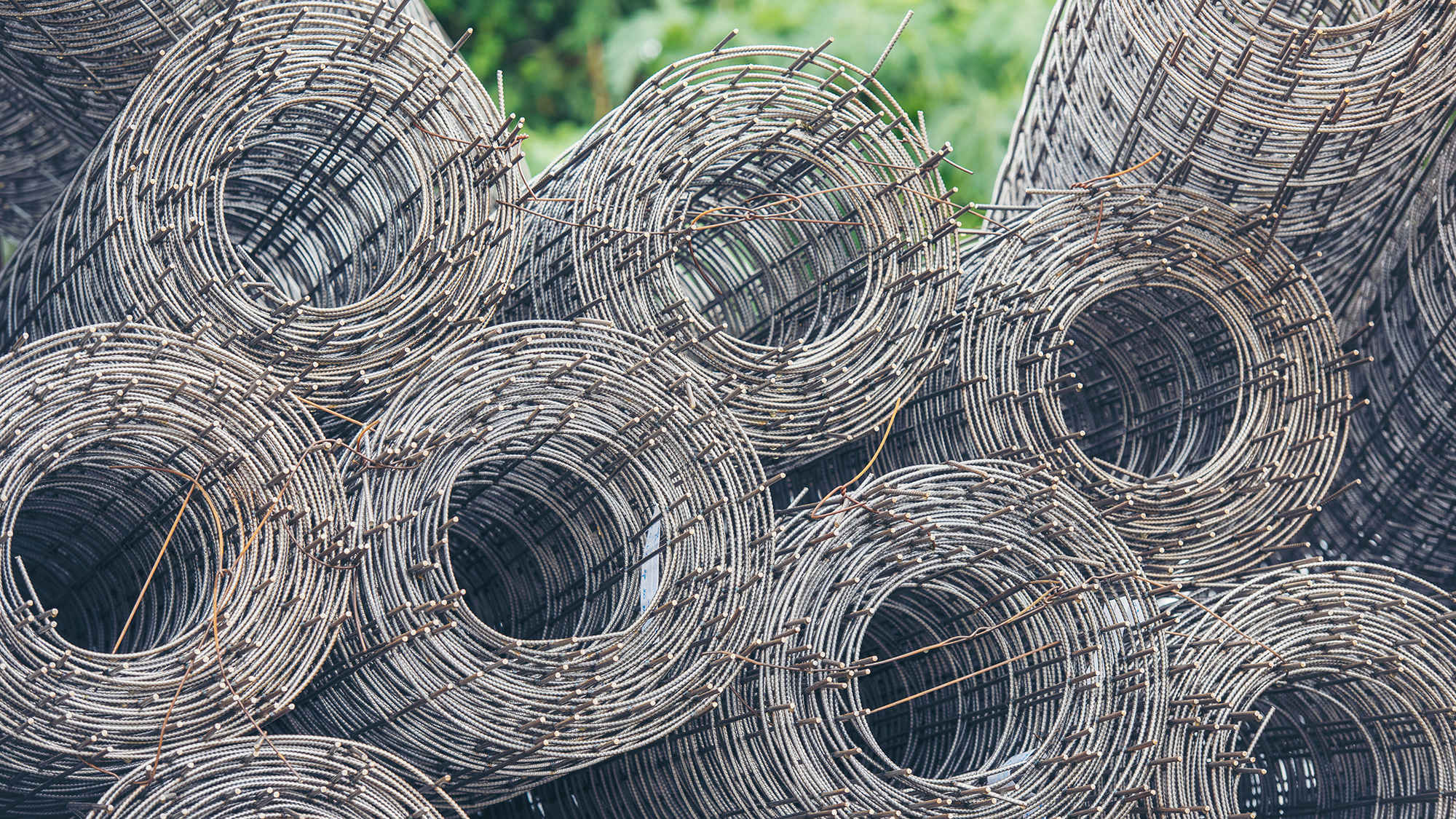
Similarly to barricading your compost bin, King recommends sealing areas around your decking to deter the pests from nesting. Creating a physical barrier that rats can’t easily get through won’t be noticeable from above.
King suggests using fine wire mesh or galvanized chicken wire to seal the perimeter. “Just make sure it’s buried a few inches into the ground to prevent rats from digging underneath,” he says.
More from Tom's Guide
- 5 tips to keep your deck looking great all summer
- 7 hacks to stop birds from pooping on your patio
- 7 plants that keep mice and rats from invading your home

Camilla is the Homes Staff Writer and covers everything to do with homes and gardens. She has a wealth of editorial experience, mounting over 30 years, and covers news and features, tests products for reviews and compiles buying guides.
Her work has appeared in business and consumer titles, including Ideal Home, Real Homes, House Beautiful, Homebuilding & Renovation, and Kitchen & Bathroom Business. She’s even appeared on the cover of Your Home, writing about her own house renovation.
Although she’s obsessed with decorating her home, she also enjoys baking and trying out the latest kitchen appliances. But when she’s not inside, you’ll find her pottering about in her yard, tending to her vegetable patch or taking in her prized hydrangeas.
You must confirm your public display name before commenting
Please logout and then login again, you will then be prompted to enter your display name.
 Club Benefits
Club Benefits











